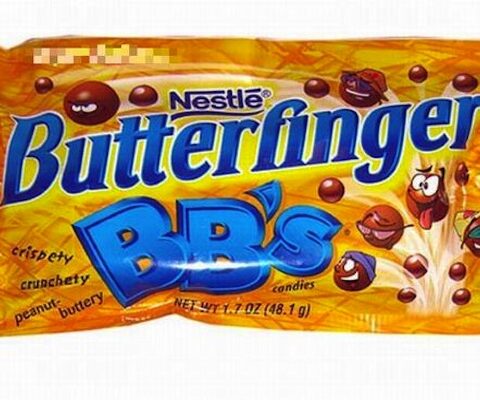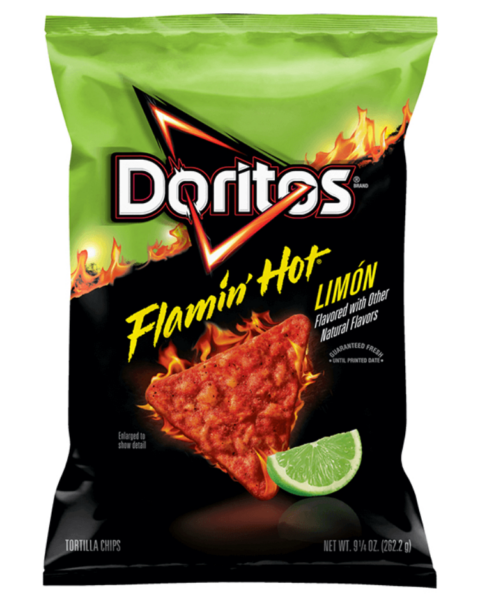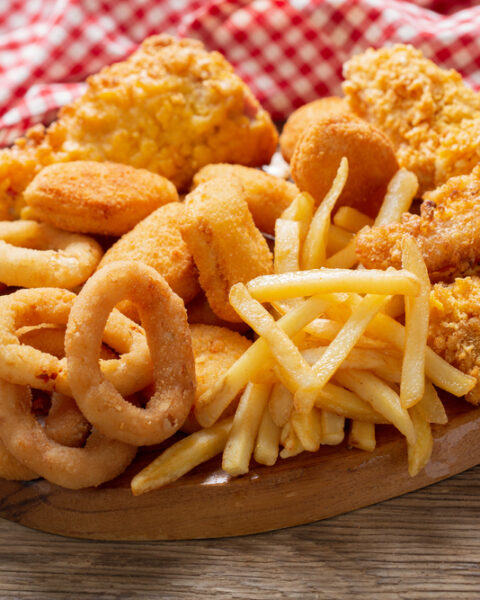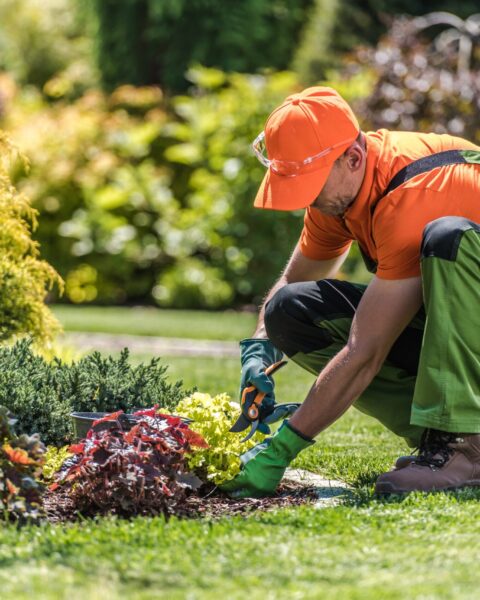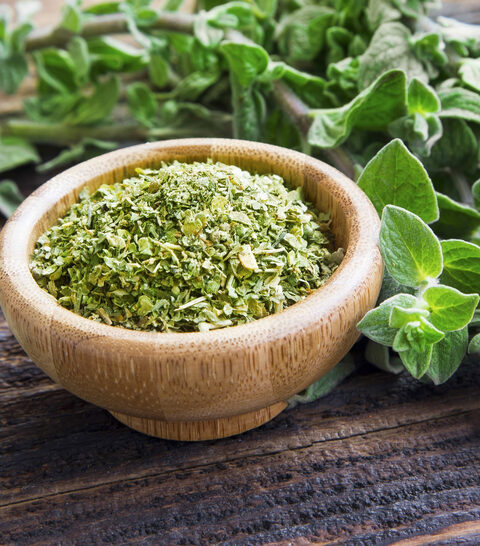Recycling is more than just a trend; it’s a crucial practice for preserving our environment. While we often recycle the obvious items, many everyday objects can be recycled but usually aren’t. Increasing our awareness of these items can help us make more environmentally friendly choices. Here are 10 everyday items that you might not have known are recyclable.
Contents
Old CDs and DVDs
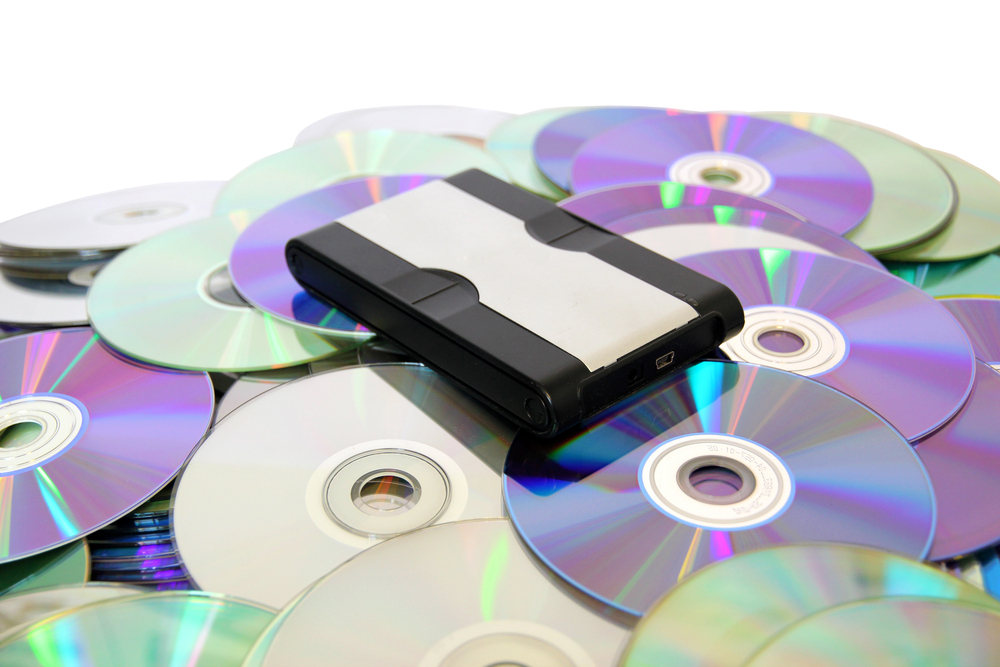
Most of us have a stash of old CDs and DVDs lying around, collecting dust. These discs are made of polycarbonate plastic and aluminum, both of which can be recycled. Many recycling centers accept them, and there are also specialized programs that focus on recycling electronic media. By recycling your old discs, you can help reduce plastic waste and conserve resources.
Toothbrushes
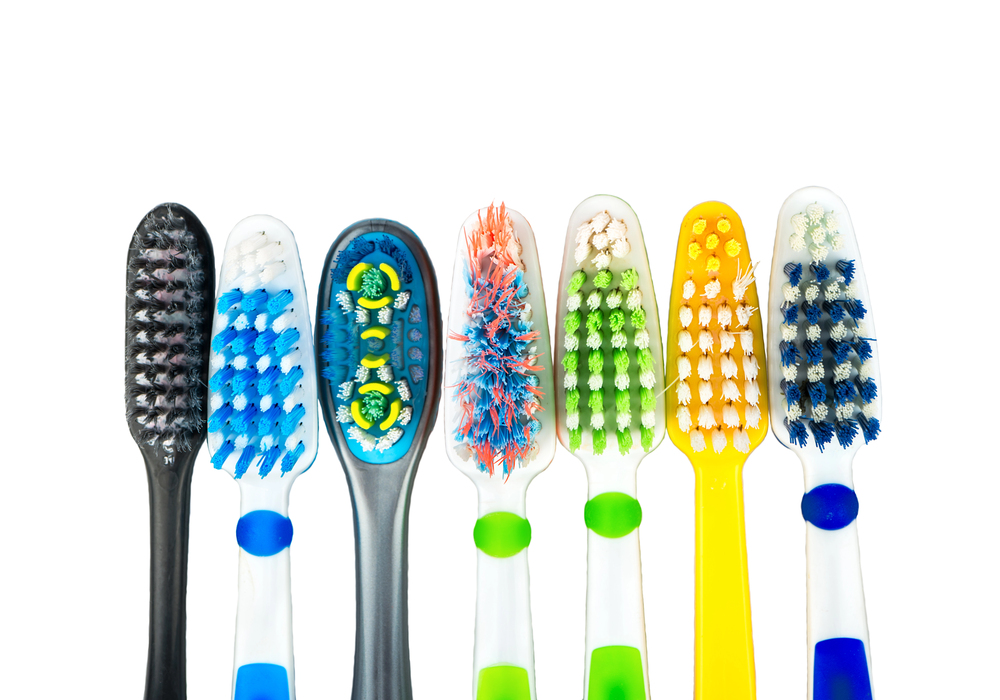
Traditional toothbrushes are often overlooked when it comes to recycling. While the bristles typically aren’t recyclable, the handles made from various plastics can be. Some companies and programs accept used toothbrushes and recycle the handles into new plastic products. Switching to a more eco-friendly option or recycling your old toothbrushes can make a small but meaningful difference.
Wine Corks
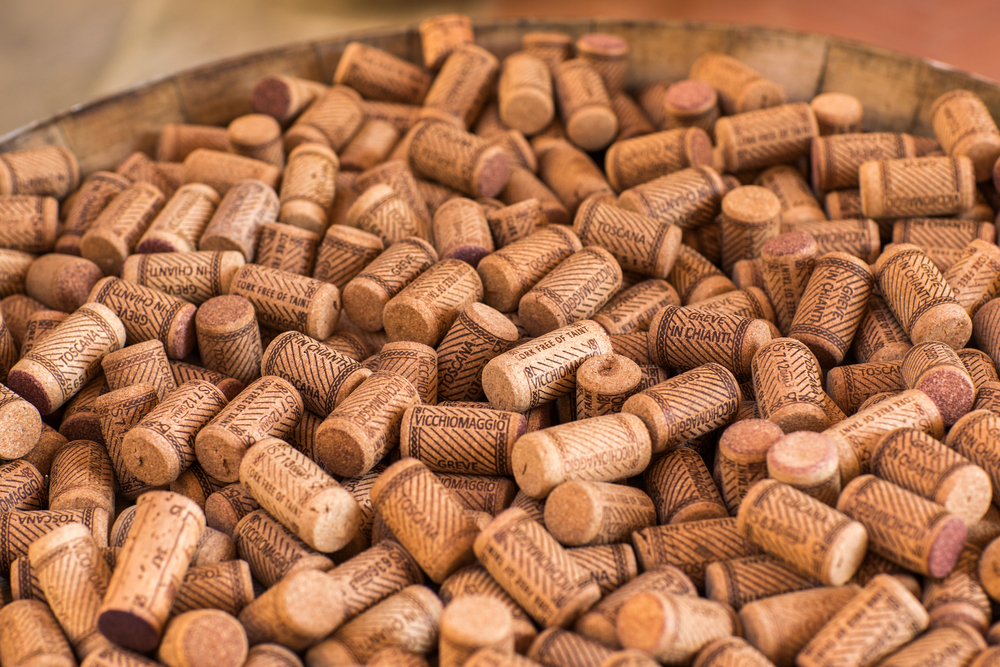
Natural wine corks are biodegradable, but did you know they can also be recycled? Many companies collect used corks and repurpose them into products like cork boards, flooring, and even shoes. Recycling wine corks helps reduce waste and supports sustainable forestry practices. Instead of tossing them in the trash, look for local drop-off points or mail-in programs.
Crayons

Crayons might seem like a small item, but they add up in landfills. Crayon recycling programs collect broken or unwanted crayons and melt them down to create new ones. This process not only reduces waste but also provides recycled crayons to schools and organizations. The next time you clean out the art supplies, consider recycling your old crayons.
Eyeglasses

Old eyeglasses can be given a new life through recycling programs. Many organizations collect used eyeglasses and donate them to people in need around the world. Even if the lenses are scratched, the frames and lenses can be repurposed. Donating your old eyeglasses can improve someone’s vision and reduce waste.
Toothpaste Tubes
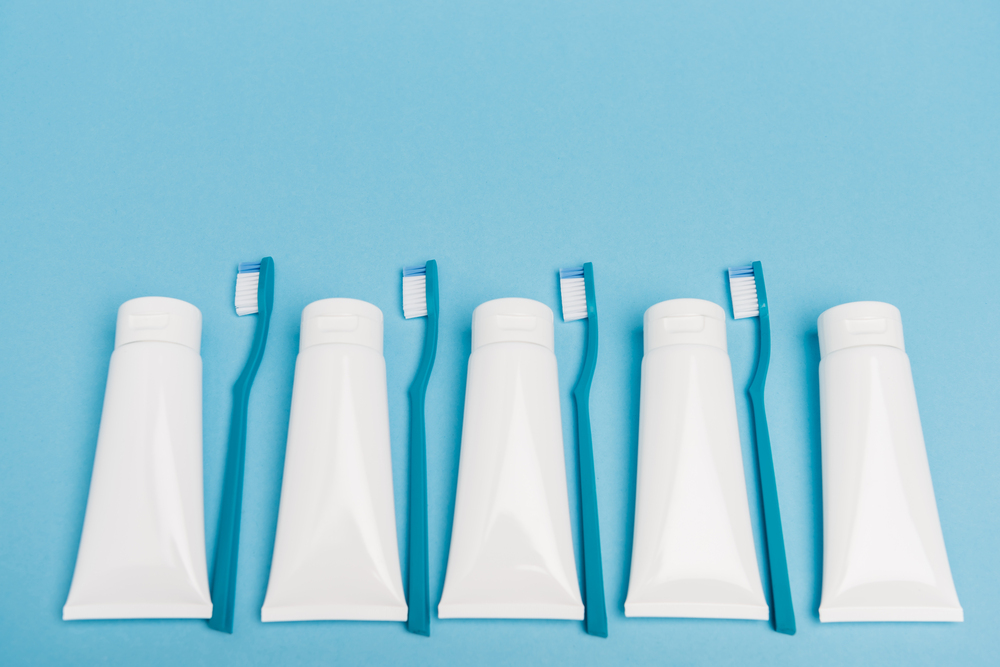
Toothpaste tubes are often thought to be non-recyclable due to their mixed materials. However, some specialized recycling programs accept them. These programs separate the different materials and recycle them accordingly. By participating in these programs, you can help reduce the amount of waste that ends up in landfills.
Sneakers
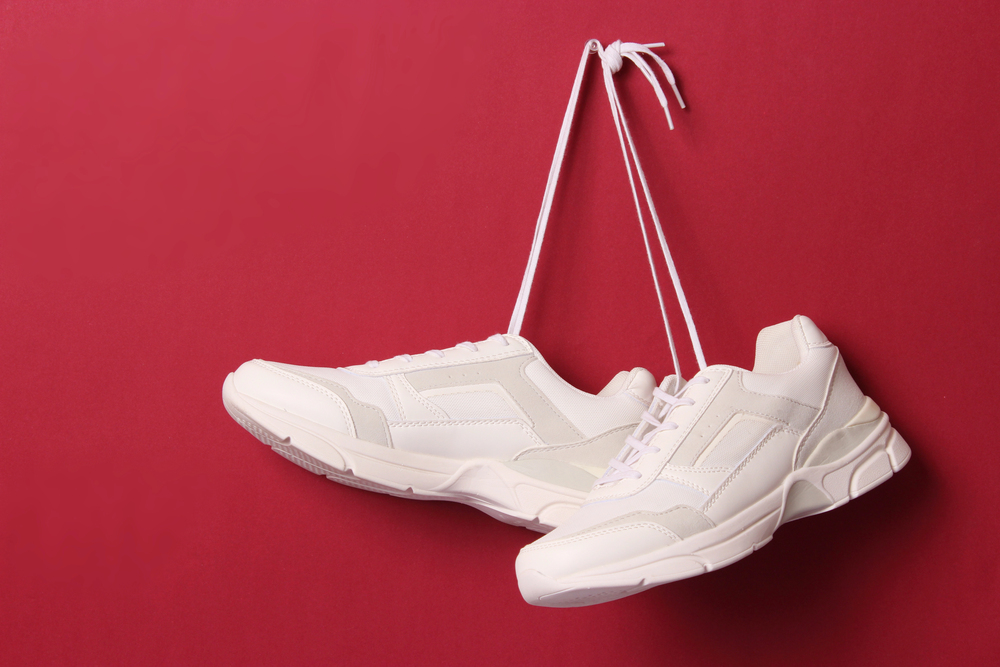
Worn-out sneakers don’t have to be thrown away. Several brands and recycling programs accept old athletic shoes and recycle them into materials for playgrounds, tracks, and other products. This not only keeps shoes out of landfills but also provides new uses for the materials. Look for shoe recycling programs in your area or through your favorite brands.
Aluminum Foil
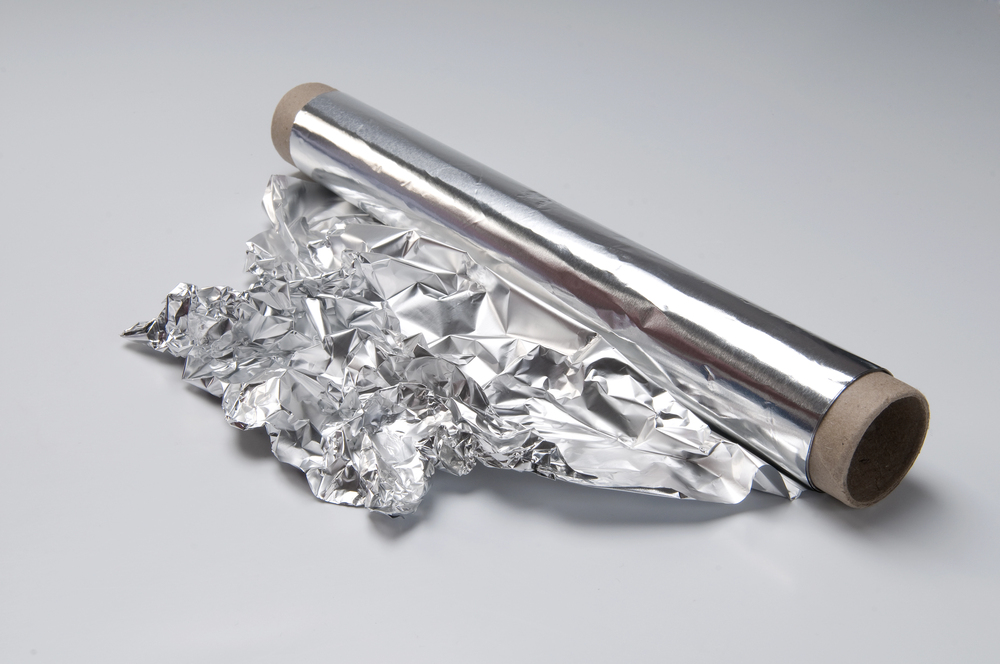
Used aluminum foil can be recycled, provided it is clean. Many people don’t realize that aluminum foil is just as recyclable as aluminum cans. Clean off any food residue and ball it up before placing it in the recycling bin. Recycling aluminum foil saves energy and resources, making it an easy way to be more eco-friendly.
Keys
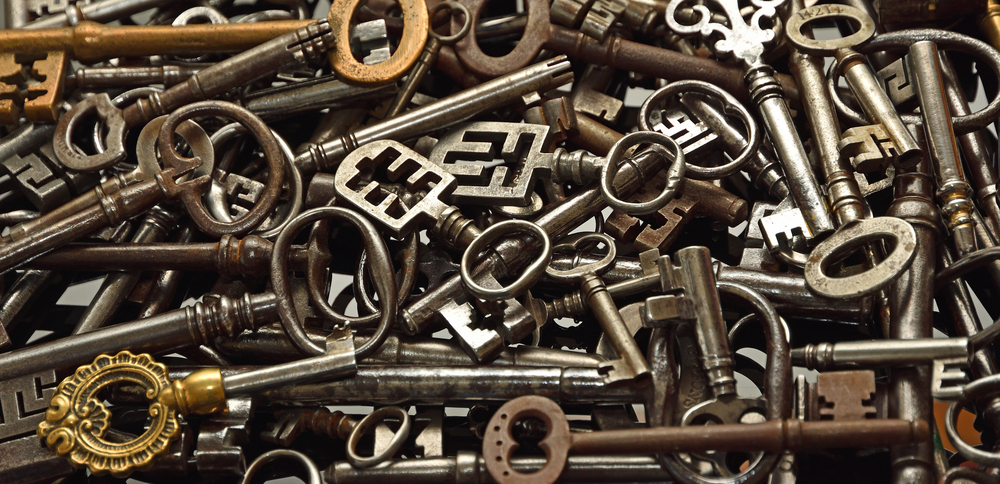
Old keys might seem like trash, but they are made of metals that can be recycled. Many metal recycling programs accept keys and melt them down to create new products. Donating old keys to recycling programs reduces metal waste and conserves resources. Next time you find old keys, consider recycling them instead of throwing them away.
Cooking Oil
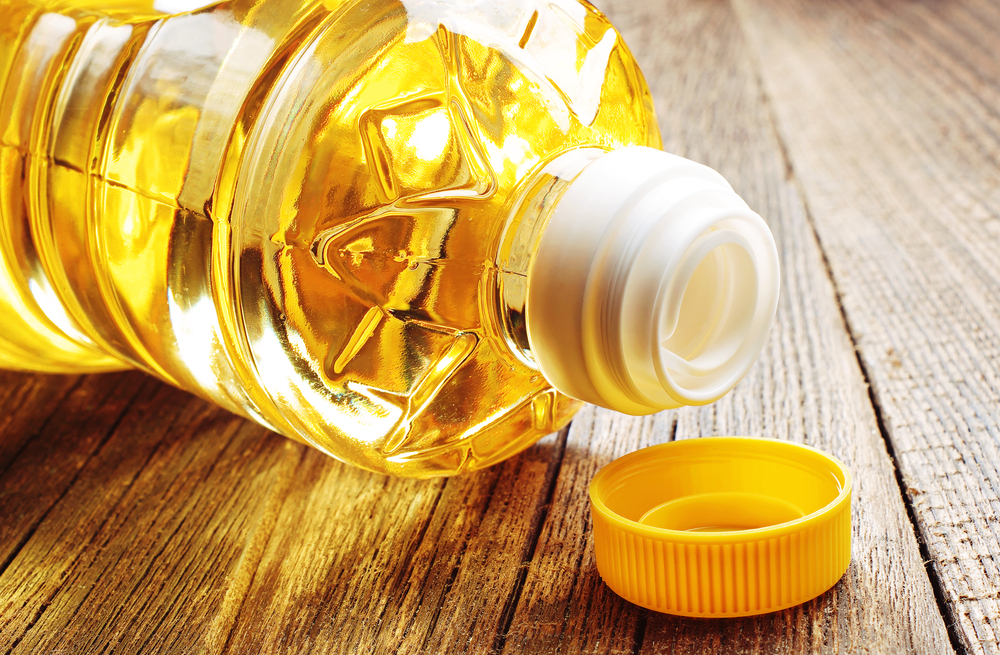
Used cooking oil can be recycled into biodiesel, a renewable energy source. Many recycling centers and programs accept used cooking oil and convert it into fuel. Properly recycling cooking oil prevents it from clogging drains and polluting waterways. Collect your used oil in a container and find a local recycling program to dispose of it responsibly.
This article originally appeared on RetailShout.
More From RetailShout
15 High-Fat, Low-Carb Keto Breakfasts You’ll Love

Looking for tasty and easy keto breakfast ideas? We’ve got you covered! Here are 15 delicious options that are high in fat and low in carbs, perfect for starting your day the keto way. Read More.
14 Mouthwatering Barbecue Recipes for the Perfect Grill
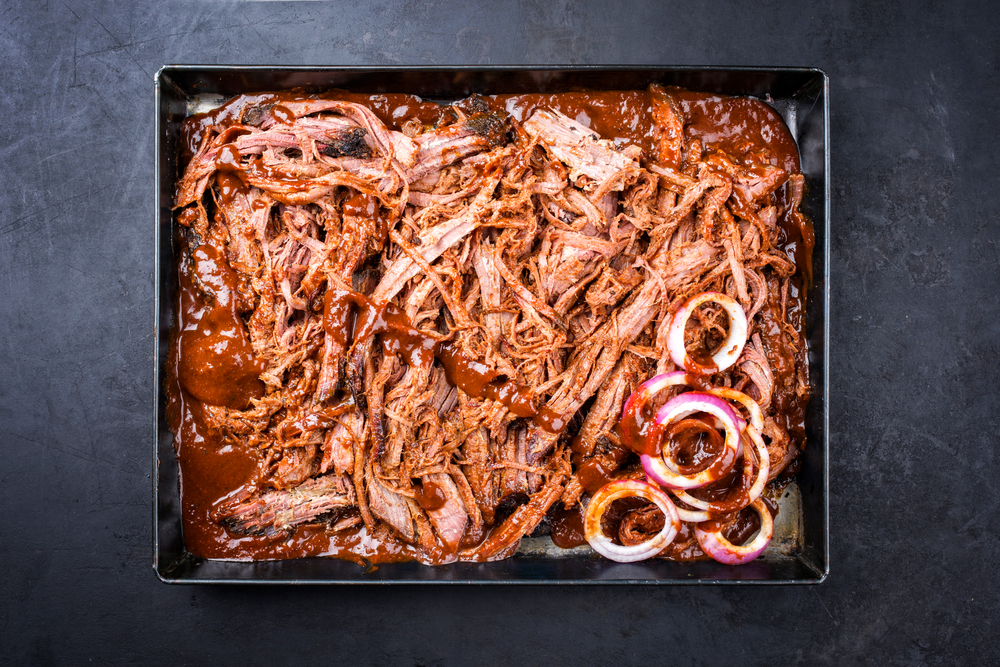
Want to up your barbecue game? These recipes will make you the star of any cookout. They’re simple, delicious, and will have you feeling like a true pitmaster in no time. Read More.
18 Best Trader Joe’s Pumpkin Treats to Savor This Fall

Pumpkin season is back, and nobody does it better than Trader Joe’s. If you’ve ever wondered how many ways pumpkin can work its way into your pantry, TJ’s has the answer, and it’s delicious. Read More.

